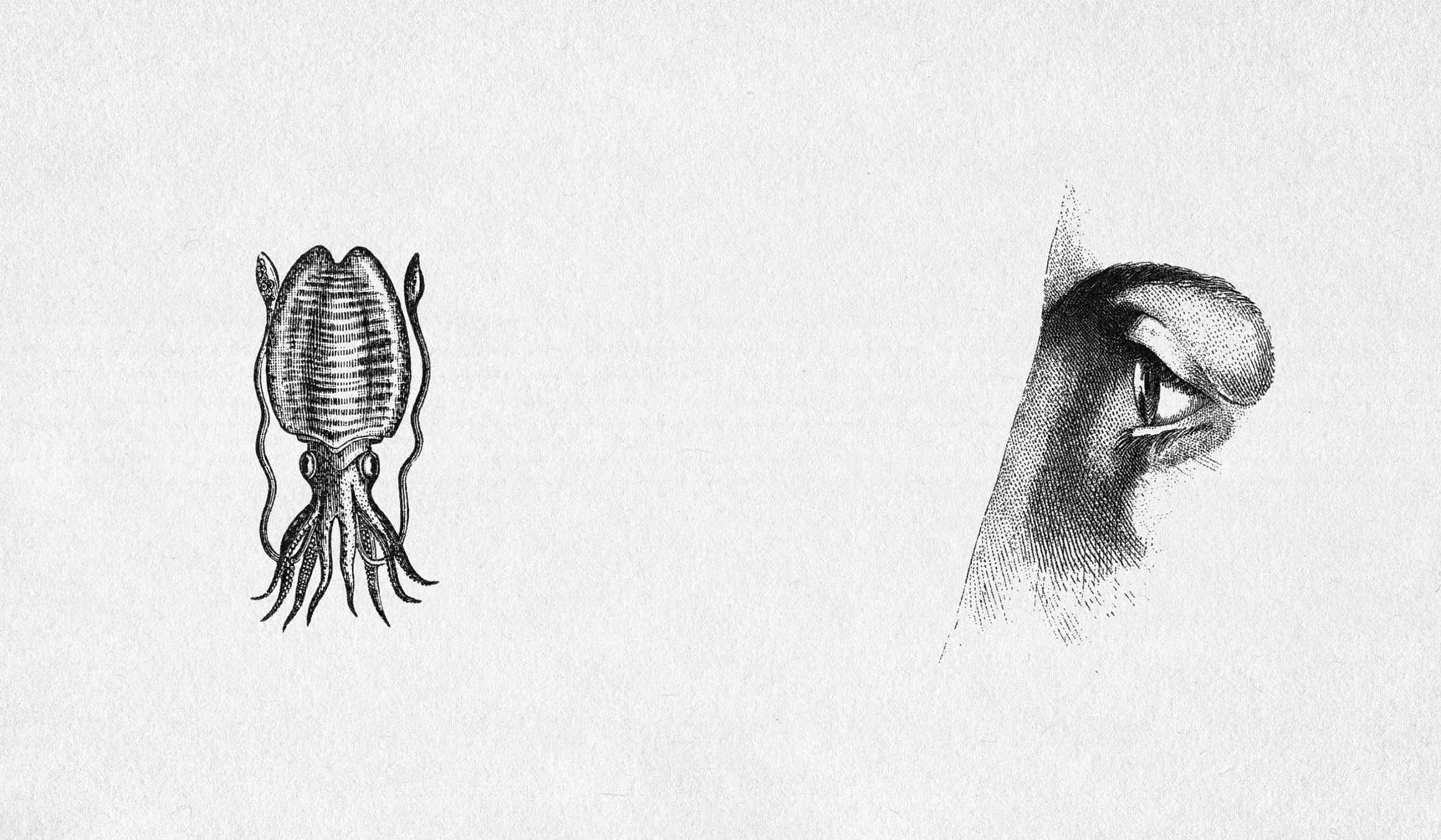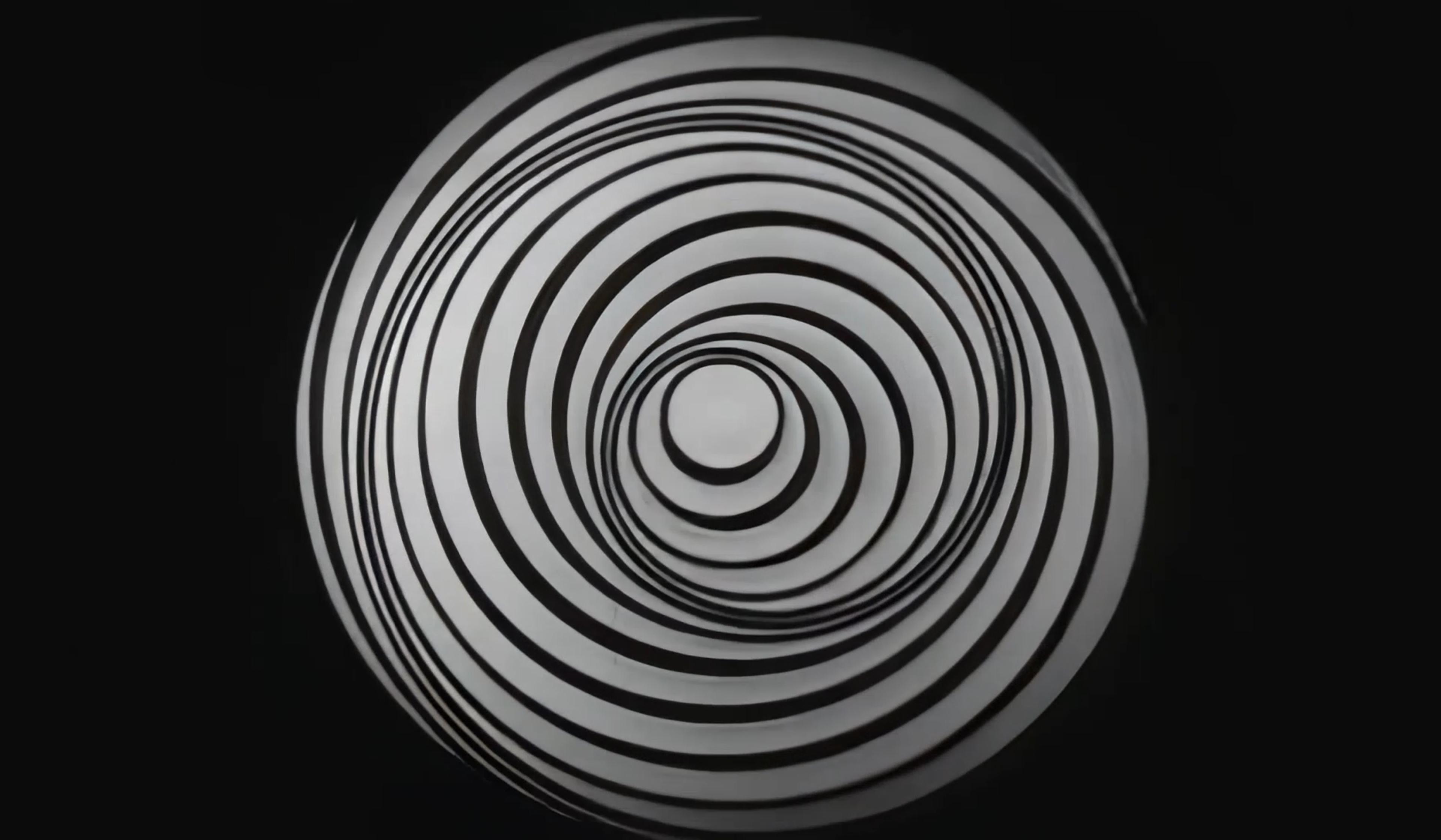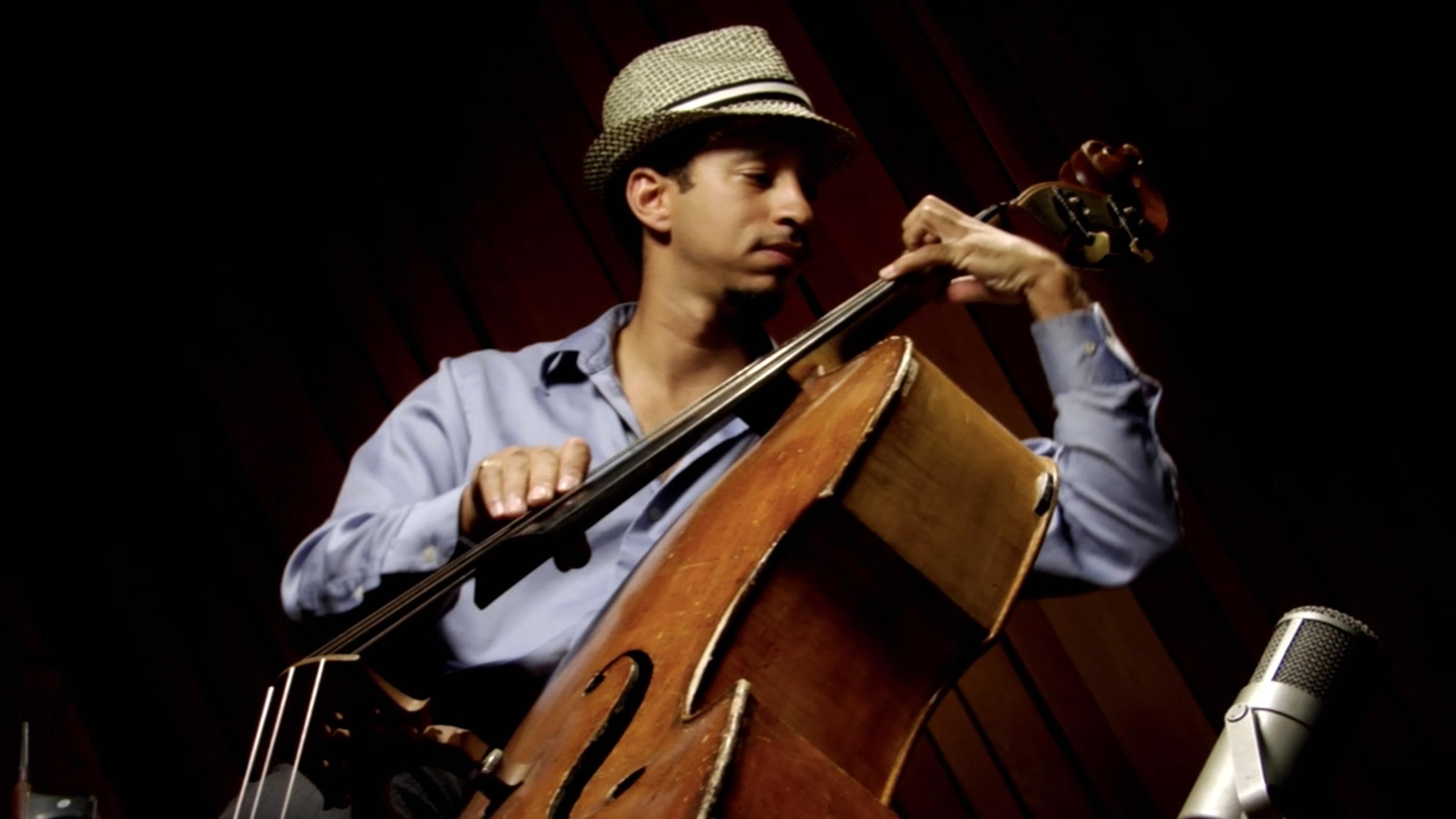The US photographer and filmmaker Ralph Steiner (1899-1986) is widely considered to be a pioneer of both media, celebrated for his century-spanning work in modernist photography and documentary and avant-garde film. H₂O (1929), his debut short and one of the earliest US art films, is a meditative, visual ode to water in its many forms, focused on the liquid’s various textures and shape-distorting reflective qualities. In a series of static yet dynamic shots, water-spewing pipes and fire hydrants, waterfalls, raindrops, slow-flowing streams, and the shimmering surfaces of near-stagnant bodies appear on screen, with the visuals gradually becoming more abstract as Steiner transitions to closeups of water surfaces. This version of the film features a new original piano score from the Illinois-based composer William Pearson, commissioned by Aeon. H₂O is frequently mentioned alongside another documentary touchstone of the same year: Regen, by the Dutch directors Joris Ivens and Mannus Franken, which celebrates Amsterdam in the rain.
A meditative cinepoem from 1929 captures the reflective, ethereal wonders of water
Director: Ralph Steiner
Composer: William Pearson

videoCities
A striking classic from an early documentary master explores Amsterdam in the rain
13 minutes

videoPhysics
A dreamy tribute to the music of Brian Eno, rendered in paint, soap and water
2 minutes

videoPhilosophy of mind
An enigmatic ‘story of consciousness’ told through 19th-century engravings
7 minutes

videoBiology
A dazzling slice-by-slice exploration of wood exposes hidden patterns and hues
2 minutes

videoCities
Walt Whitman’s poetry frames scenes from 1920s New York in this film classic
10 minutes

videoChemistry
As above, so below – an artist finds the cosmos in a microscopic chemical reaction
6 minutes

videoDesign and fashion
An exuberant Oscar-winning film on glass-blowing, automation and all that jazz
10 minutes

videoArt
Dizzying discs and obscene wordplay – revisiting Marcel Duchamp’s 1926 film debut
7 minutes

videoHistory of ideas
I am, therefore I think – how Heidegger radically reframed being
13 minutes